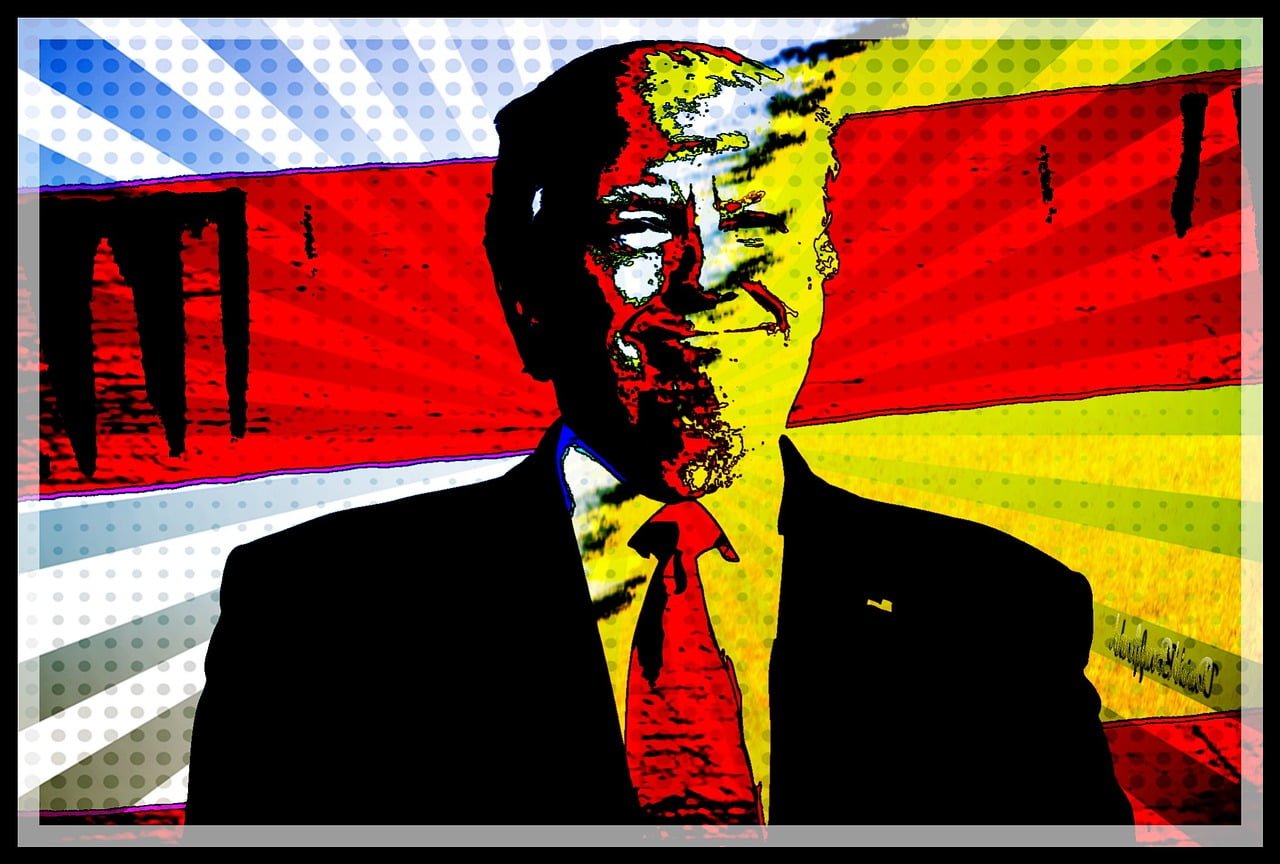Peter’s an old school equities and real estate guy, and has been for decades. So when it comes to the blockchain, cryptocurrencies and bitcoin, what does a veteran traditional investor like Peter make of it all?
Well, I asked him…
Tama: What were your initial views when you first started reading about Bitcoin?
Peter: Well, of course, like any analyst, I was extremely sceptical about the whole notion of a digital currency when I first came across it a few years ago. Any article you read about bitcoin also had the words “bubble” and “black market” in it as well.
However, as I’ve gone along over time, some of the concerns that I’ve had, I have actually put behind me. For example, the whole issue about hacking, the whole issue about security of the currency seems to be diminishing in so far as that the Bitcoin and Blockchain technology that behind it so far has not actually been compromised so far. Although we certainly have seen compromises occur in the trading systems that Bitcoin has traded on.
So, I’m becoming less concerned about the encryption side of things.
What I am increasingly concerned about, however, is the regulatory issues because, I think, governments are moving to actually control what could become a very, very large and important part of our financial world. And I think there’s every reason to think that that importance of cryptocurrencies will grow over time simply because it is something that is not controlled by governments.
Tama: So, how do you categorize bitcoin in terms of asset class?
Peter: Well, as an asset class, I categorize it as similar to US dollars, Sterling, Yen or any other currency. It is a form of currency. And as such, it should be looked at as something between say, dollars, and gold.
Due to bitcoin’s inherent scarcity and the inability of anyone to ‘print’ more of it, then it clearly has a lot of similarities with gold as a currency. Likewise it does not give you an interest rate as currencies do and it’s similar to gold in that respect.
However, there is a lot of confusion, I think, about what is Bitcoin. I mean, there’s a lot of talk about what’s the market cap of Bitcoin? Well, that’s inappropriate to talk about the market cap in that way. It’s like saying, what’s the market cap of the US dollars?
You can ask how many US dollars are in circulation. Just like with Bitcoin, it’s not market cap, it’s how many Bitcoins are in circulation. Now, the companies that store Bitcoin, that trade Bitcoin, those are companies which are amenable to market capitalization discussion. Just as a bank that stores your US dollars is amenable to market cap discussion, just as a company that stores your gold for safekeeping is a company that’s amenable to market cap.
So, we’ve just got to get away from this thinking of bitcoin as a market cap concept and think about it as a form of currency, a medium of exchange in the same way that cowry shells were 2,000 years ago and the same way that gold has been for hundreds and hundreds of years also.
The other important thing to remember about bitcoin is that it’s not actually controlled by any central organization, the Federal Reserve, all the Treasury, the Bank of England or the European Central Bank. There’s no company, there is no CEO, there is no Chief Financial Officer. This is something that just exists out there which is actually a limited in terms of the amount of bitcoin that can be put into circulation, that’s a certain number of coins.
So, it has rarity value which perhaps does not occur with the US dollars where the Fed can just keep pouring US dollars into the global economy. With bitcoin there is a limit on how much can be put into the system. So, there is automatically a scarcity value that is gonna be created around these currencies.
————————————————
Tama: Do you find that Bitcoin and cryptocurrencies as a topic comes up more regularly in day-to-day conversations within your network?
Peter: Oh, absolutely. I mean, everywhere I go. For example, the favorite topics of dinner party conversations in Hong Kong and around the world have always been about property prices and airline travel. I now see bitcoin and cryptocurrencies are becoming part of that dinner party conversation. And what I find as interesting is that even people who are very financially literate, who have been in investment for many years, who are very up to speed with that’s going on the world, have really very little information or very little understanding of what these cryptocurrencies are. But my key observation is this: although bitcoin is increasingly cropping up in conversation, very, very few of these people own any at all. That suggests to me that despite this big recent bull phase, there’s a lot of runway ahead of us in terms of upside.
To me, cryptocurrencies are important but what’s perhaps most important and most earth shatteringly changing over the next five to 10 years is how we’re gonna apply blockchain to every single part of our business and livelihoods going forward. That is the real key disrupting part of cryptocurrencies as far as I’m concerned. It’s the software behind it which is gonna be most changing and disruptive to our lives.
Tama: So, how do you see the Bitcoin opportunity going forward?
Peter: Well, I think Bitcoin and other cryptocurrencies at this point are little more than a proof of concept of what we know as distributed ledger technology. Distributed ledger technology is gonna be applied across all facets of life and business that we know. For example, just about every major bank and every major central bank in the world is looking at applications of distributed ledger technology in finance. And think about it, if we look at Bitcoin today, it’s really attracted more than most to the younger people and the younger generation who have adapted and adopted this form of currency perhaps more easier than people of my generation.
But as we go forward, I think we’re going to see that the huge concentrations of wealth in middle aged and older families and older people is gonna start to adopt Bitcoin and other cryptocurrencies as we go forward. Think about it right now, the amount of cryptocurrencies in circulation totally in the world is less than 150 billion. This is nowhere as much as the cash that Apple has sitting in its bank accounts, one company has sitting in its bank accounts. So, in terms of the grand scheme of things vis-a-vis currencies, in circulation around the world, crypto is an extremely small part of the total. I envisage that this in the next few years could easily get to something in the region of a trillion US dollars and that will represent… I think that it will have been accepted by a much broader part of the world community, the business community, and normal people, generally, to be used in their daily lives.
Tama: So, what would you say to investors? Would you recommend buying Bitcoin?
Peter: I certainly would suggest that people at least pack a very, very small amount of their investable assets in cryptocurrencies, mainly Bitcoin because it is the longest running and most established. But be aware that this is a speculative investment, it’s going to be extremely volatile certainly in the short term and I would also recommend very, very, strongly that anybody buying into bitcoin take full responsibility for packing and safe keeping of that currency. You want to look after it 100% yourself, you wanna be very careful about leaving it with Bitcoin exchanges or any other third party companies at this stage. These storers and traders of Bitcoin have not yet got to the safety features of the global banking system that we’ve come to expect that we’re used to so much.
So, look after bitcoin and start off with a very small part of your portfolio.
Good investing,
Tama






